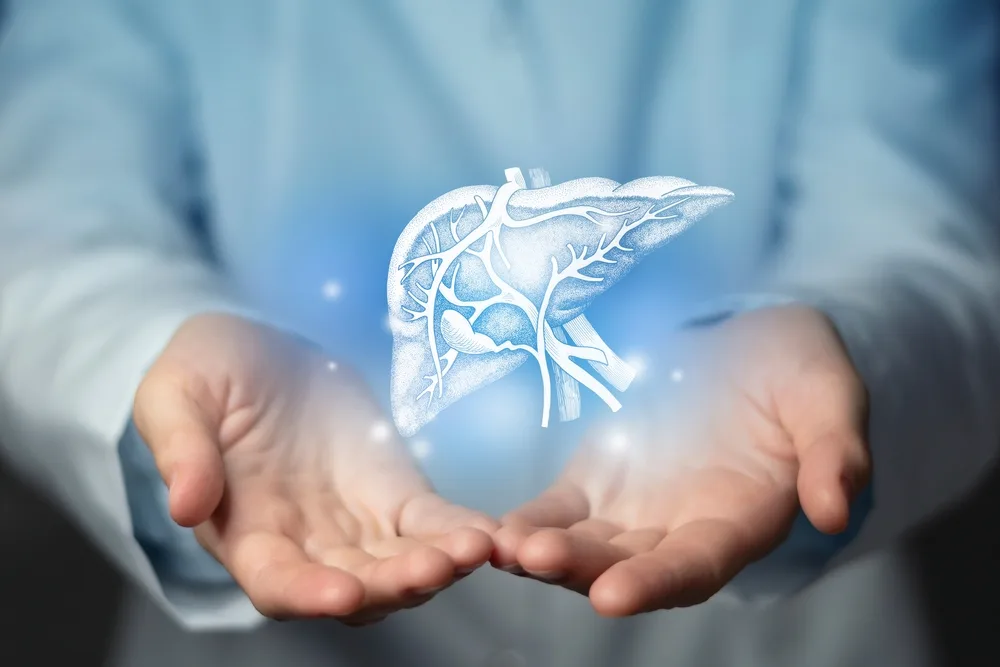Liver transplantation is a life-saving surgical procedure performed on individuals whose livers have lost function or sustained serious damage due to liver diseases. This procedure involves the transplantation of a healthy liver from a donor, typically a living or deceased donor, into the recipient’s body. Liver transplantation is used as a treatment option for conditions such as cirrhosis, liver cancer, and liver failure. This complex operation involves careful evaluation of compatibility between the donor and the recipient. After the transplant, patients need to take immunosuppressive drugs to suppress their immune system, and a long recovery period may be required. However, a successful liver transplant can significantly improve the quality of life for patients and save lives.
Liver Transplantation

Liver Transplantation Using a Piece of Liver from a Living Donor
In cases where organ donations are insufficient, many patients lose their lives while waiting for a new liver. To address this issue and save the patient’s life, a part of the liver from another person, often a close relative, can be removed and transplanted into the patient. In this method, a suitable candidate is identified following thorough examinations, and compatibility with the voluntary donor is confirmed. The donor undergoes surgery to remove the appropriate section of the liver (either the right or left lobe or a smaller segment), which is then transplanted into the patient, replacing the patient’s own liver with the donated portion to sustain their life.
Post Liver Transplantation Process
Intensive Care: You will be closely monitored in the intensive care unit for several days after the transplant. Doctors and nurses conduct frequent check-ups to observe signs of complications.
Hospital Stay: You may need to stay in the hospital for typically 5 to 10 days.
Home Follow-Up: While continuing to recover at home, you may require frequent check-ups and follow-up visits. You should adhere to a follow-up program determined by the transplant team.
Blood Tests: Your liver function is regularly monitored through blood tests. This is done to ensure that the new liver is functioning compatibly and to check for signs of complications.
Medications: It is likely that you will need to take immunosuppressive drugs after the transplant. These medications reduce the risk of rejection of the new liver. Taking these drugs regularly is crucial.
Nutrition and Activity: During the recovery process, it’s important to follow your doctor’s recommendations for nutrition and activity. This helps in the healthy recovery of your liver.
Frequently Asked Questions
Who Can Be a Liver Donor?
For liver transplantation, preference is given to 4th-degree blood relatives or close relatives with compatible blood groups as organ donors. Additionally, after an ethical review, non-related donors or organs from individuals who have experienced brain death can also be used.
What Is the Success Rate of the Surgery?
The success rate of a liver transplantation procedure performed under favorable conditions generally ranges between 80% to 90%. This rate depends on factors such as the selection of an appropriate donor and recipient, surgical experience, and the quality of care.
How Long Does the Recovery Process Take?
Normally, you may need to stay in the hospital for 5 to 10 days. While continuing to recover at home, you may require frequent check-ups and follow-up visits. You should adhere to a follow-up program determined by the transplant team. Initially, doctor visits may be required several times a week, but this frequency may decrease over time.
